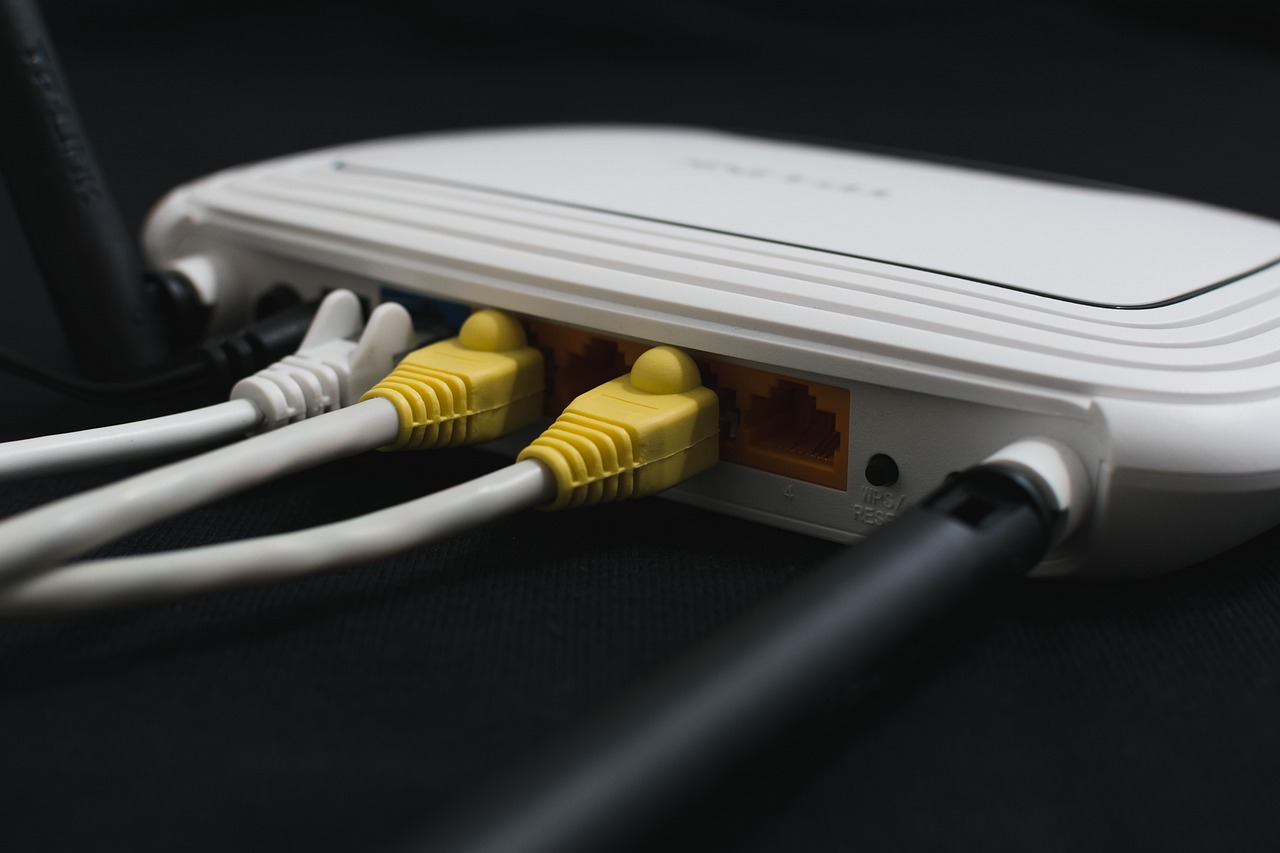Table of Contents
Internet Speed: The Key to a Seamless Online Experience
In today’s fast-paced world, a reliable and speedy internet connection is crucial. Whether you’re streaming your favorite shows, working remotely, or enjoying online gaming, checking your internet speed is the first step towards ensuring a smooth online experience. By understanding the secrets behind measuring your internet speed, you can unmask the truth and optimize your connection for maximum performance.
The Importance of Accurate Speed Measurements
Accurate speed measurements are the foundation for diagnosing any internet-related issues. By knowing your internet speed, you can identify if your connection is meeting your provider’s promised speeds. Moreover, accurate speed measurements allow you to determine whether your devices, network setup, or geographic location are affecting your internet performance. Armed with this knowledge, you’ll be able to troubleshoot and resolve any speed-related problems swiftly and efficiently.
To ensure accurate speed measurements, it’s essential to use reliable and reputable speed testing tools. These tools provide detailed insights into your internet connection’s performance, including download and upload speeds, latency, and jitter. Without accurate speed measurements, it can be challenging to pinpoint the root cause of slow internet speeds and take appropriate steps to rectify the issue.
Decoding Internet Speed Metrics: Understanding Mbps, Latency, and Jitter
When it comes to internet speed, there are various metrics that you need to comprehend to gain a comprehensive understanding of your connection. Mbps, or megabits per second, is the standard unit used to measure the speed at which data is transmitted over the internet. Understanding what Mbps means in practical terms will help you gauge your internet’s capabilities and determine if it aligns with your usage requirements.
Additionally, latency and jitter play a significant role in your internet experience. Latency, measured in milliseconds, refers to the time it takes for data to travel from your device to its destination and back. Lower latency generally results in a more responsive and snappy connection, which is crucial for activities such as online gaming or video conferencing. On the other hand, jitter measures the variability in latency, and high jitter can cause interruptions and lag during online activities.
To ensure a seamless online experience, it’s important to consider not only your internet speed but also the latency and jitter values. A high-speed internet connection with low latency and jitter will provide the best performance for activities such as streaming, gaming, and video conferencing.
Unveiling the Secrets: How to Check Your Internet Speed
Checking your internet speed has never been easier. With a multitude of online tools and speed testing websites available, you can measure your connection’s speed effortlessly. These websites typically involve a simple click of a button, after which they initiate a series of tests to measure your download and upload speeds, as well as other important metrics. By examining the results, you’ll have a clear picture of your internet’s performance and can take appropriate steps to improve it if necessary.
When conducting a speed test, it’s important to ensure optimal testing conditions. Close any unnecessary applications or programs that may consume bandwidth, and connect your device directly to the modem or router using an Ethernet cable for the most accurate results. Avoid testing your internet speed during peak usage hours, as this may result in slower speeds due to network congestion.
It’s worth noting that internet speed can vary throughout the day due to network traffic and other external factors. For a more comprehensive assessment of your internet’s performance, consider conducting multiple speed tests at different times of the day and on different days.
Troubleshooting Tips: Optimizing Your Internet Speed
If you discover that your internet speed is not up to par, there are various troubleshooting steps you can take to enhance your connection. Firstly, a quick router restart can often resolve minor connectivity issues. Simply unplug the power cord, wait for a few seconds, and then plug it back in. This can help refresh the connection and resolve any temporary glitches.
If restarting the router doesn’t improve your internet speed, consider checking for any firmware updates for your router. Updating the firmware can optimize performance and fix any known bugs or vulnerabilities that may be affecting your connection.
Another troubleshooting tip is to check for any background applications or devices that may be consuming excessive bandwidth. Close any unnecessary applications running in the background and ensure that other devices on your network are not using an excessive amount of bandwidth. This can help prioritize your internet connection and improve overall speed.
In some cases, it may be necessary to contact your internet service provider for further assistance. They can perform diagnostics on your connection and address any issues on their end that may be impacting your internet speed.
In conclusion, checking your internet speed is essential for ensuring a seamless online experience. By understanding the metrics involved, using reliable speed testing tools, and troubleshooting any issues that arise, you can optimize your internet connection for maximum performance. Whether you’re streaming, gaming, or working remotely, a fast and reliable internet connection is the key to unlocking a world of possibilities.

